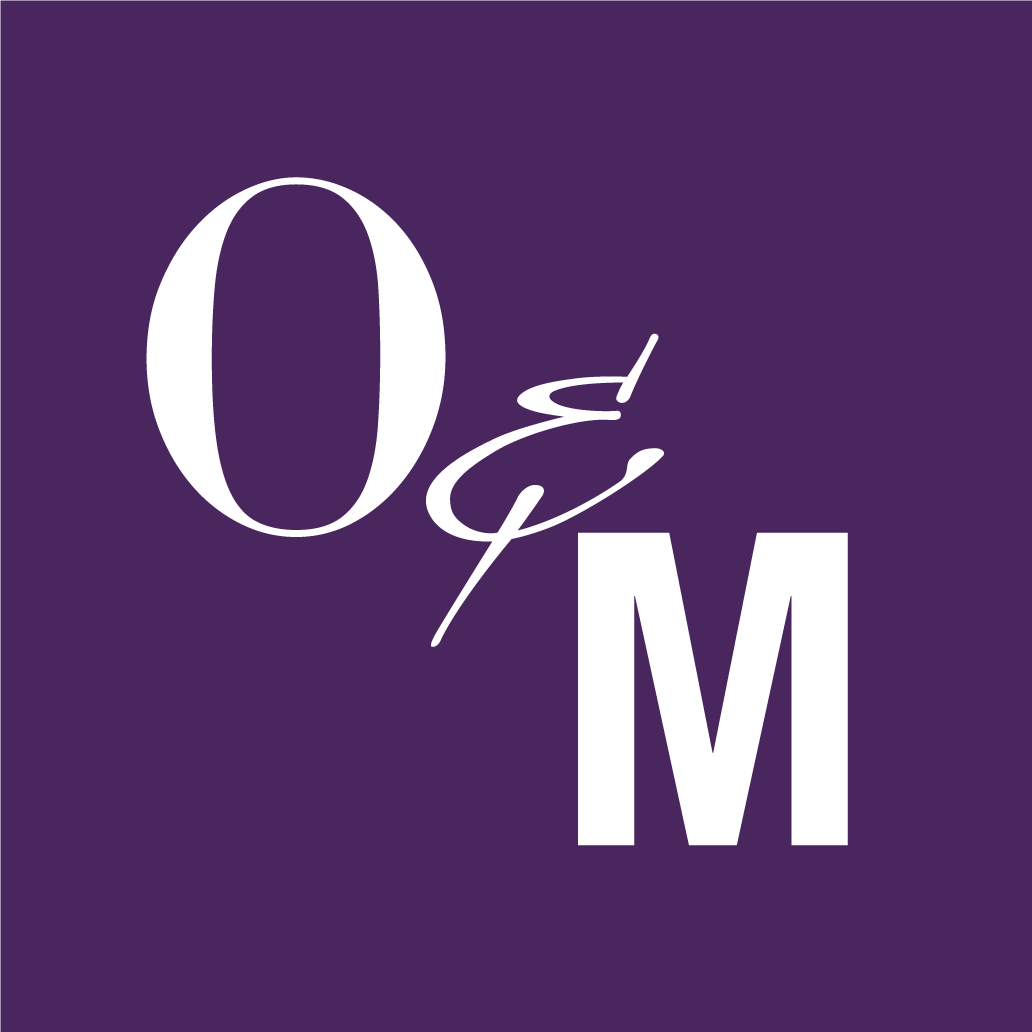PPP Loans - Round 2
PPP Loans - Round
By Wayne M. Lenell, CPA, PhD
On January 11, 2021, the SBA opened the second round of Payroll Protection Program (PPP) loans. Those who received loans during the first opportunity in 2020, now have a second chance to apply for additional forgivable loans. Though very similar to the first PPP, the second program has a few notable differences.
The most significant difference between the first and second rounds of the PPP involves eligibility. The 2021 PPP requires that a small business or not-for-profit organization demonstrate that it faced a financial hardship as evidenced by a 25% or more drop in revenue either for the full year of 2020 compared to 2019, or for at least
one quarter in 2020 compared to 2019. For example, if a business suffered a 25% loss in revenue during the second quarter of 2020 compared to the second quarter of 2019, the business would qualify for a 2021 PPP loan even if the business recovered the loss of revenue in subsequent quarters. Nevertheless, this new requirement will eliminate the opportunity for many small businesses and not-for-profit organizations to qualify for PPP loans in 2021.
The business must have no more than 300 employees and the business must have used, or will use, the full amount of the first PPP loan. The entity must have been in business on February 15, 2020 to qualify, so newly formed businesses since February 15, 2020 cannot apply for PPP loans.
The 2021 PPP expanded the list of expenses eligible to satisfy the loan proceeds. Like the first round, the PPP loan proceeds may be used to fund payroll costs, payroll taxes, employee benefits, mortgage interest, rent, and utilities, but the 2021 loan may also be used:
• To fund worker protection costs related to COVID-19,
• To cover uninsured property damage costs caused by looting or vandalism during 2020,
• And to cover certain supplier costs and expenses for operations.
The last category, listed above, seems to encompass most other expenses of a business. The definition of a "supplier cost" is an expenditure made by an entity to a supplier of goods for the supply of goods that are essential to the business operation or that is made pursuant to a contact, order, or purchase order.
At least 60% of the 2021 loan proceeds must be used to fund payroll (including payroll taxes and employee benefit costs), with the remainder being satisfied with the other aforementioned categories of expenses.
Most businesses may apply for up to 2.5 times the average monthly payroll for either calendar year 2019 or
2020. The payroll calculation includes payroll taxes and employee benefits. The maximum loan request is $2 million per business or not-for-profit entity.
Businesses classified in the "accommodation and food services sector," may borrow up to 3.5 times the 2019 or
2020 average monthly payroll costs up to $2 million. The SBA is using NAICS Codes beginning with 72 as those qualifying for the higher payroll multiplier. The two most common 72XXXX NAICS Codes are "Full-service restaurants" Code Number 722511, and "Limited-service restaurants" Code Number 722513.
Time is of the essence. The deadline for applying for a 2021 PPP loan is March 31, 2021.
